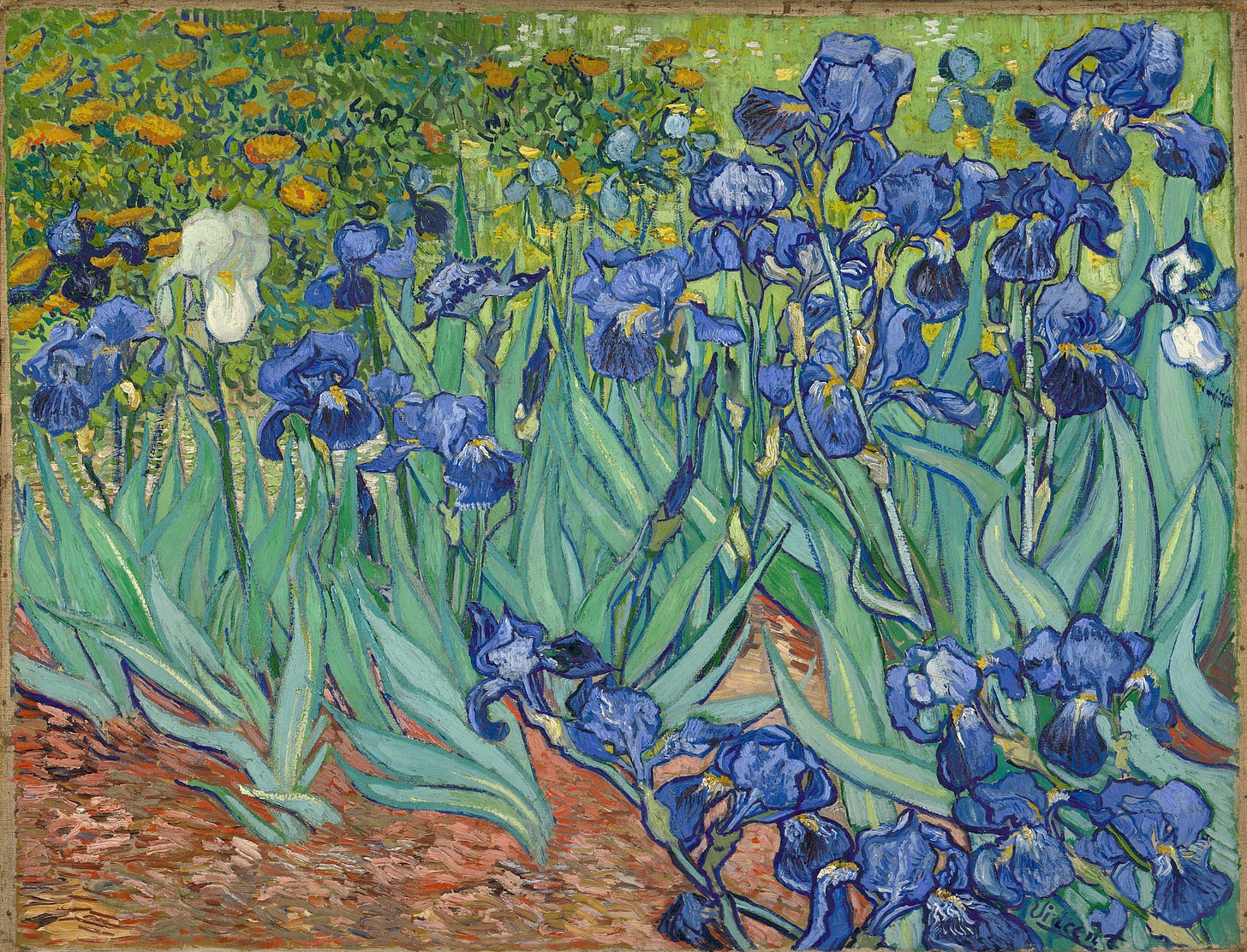Psychopath
Every writer is a bit psychopath, if a psychopath is something a person can be “a bit” of.

No. 47: Psychopath
Every writer is a bit psychopath, if a psychopath is something a person can be “a bit” of. It’s one of the requisites to publish, or, really, to share any kind of self-made art. You have to be kind of crazy to do it.
Not every characteristic of the traditional psychopath applies, but most do.
Superficial charm.
Impulsivity.
Grandiose sense of self-worth.
Socially irresponsible behavior.
Tendency to lie often.
All of these can be found in the prolific writer, or, really, artist in general.
Only the psychopath decides that everyone must see or read or hear or feel some thing they have made. Only the psychopath writes and submits a story to a literary journal so that a few hundred (maybe thousand?) readers might hear what they have to say. Only the psychopath (and this is the big one) publishes a book.
Because it’s a bit psychopathic to think, “Yes, everyone should read what I’ve written,” isn’t it?
But perhaps it’s for the best.
I love me a good psychopath. If it weren’t for them, I’d have nothing good to read. Art in general would be worse if it weren’t for those bordering on mad. To these loons, I raise a glass.
Because the sane aren’t known to do things like publish books, direct movies, or build sculptures in public spaces. They aren’t known to paint pictures the size of small school buses, like Rothko. It’s not that they don’t do these things — everyone creates — they just aren’t known for them, because with sanity comes courtesy, calculated thought, adherence to social etiquette, levelheadedness, a measure of healthy fear, and the trait of being “down-to-earth." None of these can be good for earning the recognition of those elusive gatekeepers of Good Art.
On completing some grand project, the sane mind thinks, “This is good, but why should anyone else agree? Isn’t it egotistical for me to share this, especially on the assumption it’s good? Besides, who cares?”
On completing some grand project, the psychopathic mind thinks, “The world must witness this — without delay!”
That’s crazy, and yet, in the end, the world somehow ends up thanking the psychopath for their effort, asking them to share more. The psychopath is validated, and off he goes to psychopath some more.
There’s another indicator that lets on to the slightly psychopathic personalities of artists. By deciding to put their work on display, they bravely embrace the uncomfortable state of being new.
The psychopathic artist is at home in newness, not because they are comfortable, but because they don't notice any discomfort — or because they've been so uncomfortable for so long that they've learned to stop caring.
They've learned that the established are never kind to new, and that new needs friends.
So, with the characteristic cunning of a Patrick Bateman, they turn on their superficial charm.
Or not. This can’t be the case every time. Many let only their work do the talking.
Doubtless, though, pathological egocentricity and stolid confidence appear to be defining features of many well-known artists. Perhaps that’s what all this psychopath talk boils down to in the context of sharing self-made art: confidence — a belief in the thing you are doing and its ability to enrich the lives of all who interact with it, somehow, someway.
If that’s psychopathic, let all of us become psychopaths.
You, better than any, know that I’m one. ♦
Weekly Three
HEAR: “Barracuda” (1977) by Heart never fails to get me STOKED.
READ: The article “Bad News” by Joseph Bernstein in Harpers flips the script on typical “misinformation” and “disinformation” discourse, which discounts the public's ability to think for themselves — even if that thinking is sometimes scary and hateful.
VIEW: “Final Day at GHS: June 2001” is POV camcorder footage of a student as he wanders around campus, talking to friends and teachers, on his last day of school (pre-9/11). The video’s description is perfect: The last day at Glendora High school. 2001. No phones? No social media? No worries.





Very well said Matt. Keep the psychopathology coming and congratulations on your centennial. Very, very well done!